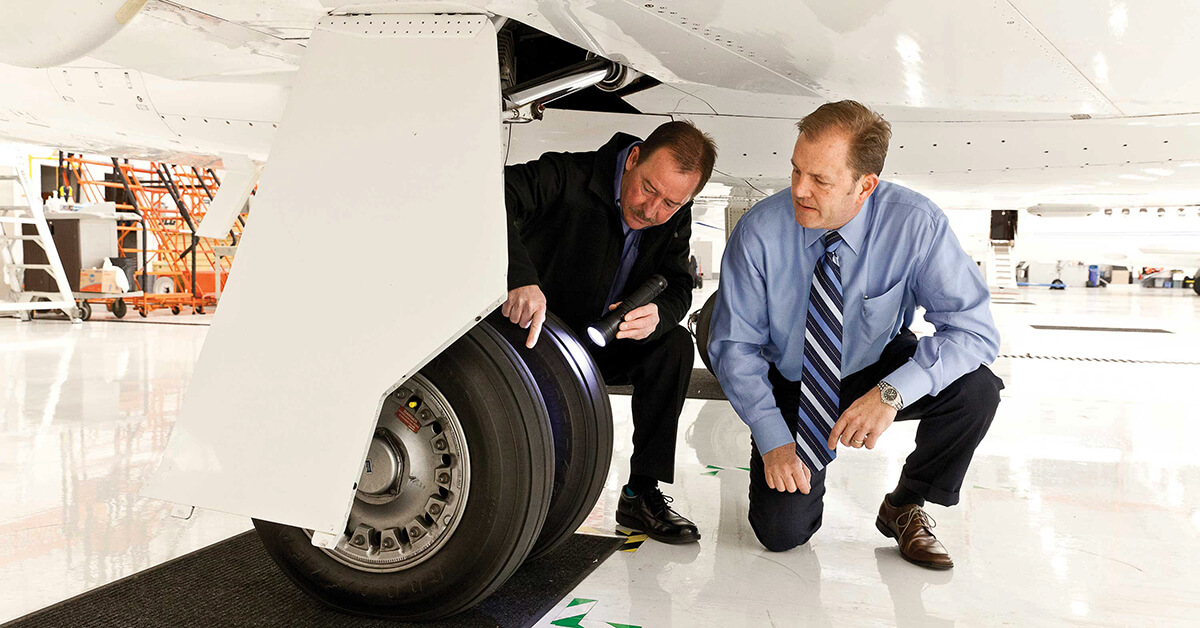
April 12, 2021
Widespread implementation of safety management system (SMS) programs at all passenger revenue-generating flight operations, and mandatory on-aircraft data recording devices and flight data monitoring programs, topped the National Transportation Safety Board’s (NTSB) Most Wanted List of Transportation Safety Improvements for 2021-2022.
Published this month, the list includes a call for the FAA to require SMS programs for all revenue passenger-carrying operations, including business aviation charter and air tours. That follows the FAA’s mandate for commercial airline SMS programs in 2015.
“An SMS should address four components: safety policy, safety risk management, safety assurance, safety promotion,” the NTSB stated. “It can be scalable to the size and complexity of operations, yet too many operators either do not have one in place or have an ineffective one.”
Mark Larsen, NBAA’s senior manager for safety and flight operations, welcomed the NTSB’s recommendation, but cautioned more work is necessary to adapt SMS requirements to operations of all sizes.
“We strongly recognize the safety and operational benefits of SMS for operators of any size. SMS requirements must be scalable to the size of the flight operation, including smaller, single-pilot or single pilot in command operations, to be feasible and fully effective,” he said. “We’ve seen many smaller operators grappling with current SMS requirements, such as those outlined in FAR Part 5 and FAA’s Voluntary SMS Program, which are clearly intended for larger commercial airline operations.”
The NTSB also recommended the installation of crash-resistant data, audio and video-recording devices on all revenue-generating passenger flights, as well as adoption of flight data monitoring programs to “help aircraft operators prevent crashes in the first place by allowing crew actions to be evaluated regularly,” according to the board.
Larsen acknowledged the benefits of such information in not only determining the causes of accidents, but in identifying and mitigating potentially risky practices to prevent accidents. “The analysis and sharing of safety data are a critical part of an effective company safety program,” he added. “NBAA encourages operators to seek data recording and monitoring options that are best suited for their operation.”
The NTSB’s Most Wanted List also includes recommendations for other modes of transportation, from eliminating distracting driving and implementation of connected vehicle protocols to reduce highway accidents to calling for new methods to identify and mitigate pipeline leaks.


 International Business Aviation Council Ltd.
International Business Aviation Council Ltd.